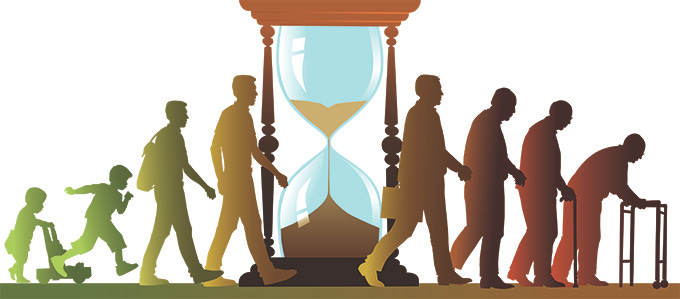The Science Behind Human Longevity: Can We Really Live Longer?
Written by Umme Rokshana
Human longevity and the prolongation of youth have long fascinated scientists and society alike. Recent advances in biology and medicine have finally brought us closer to understanding the mechanisms that control aging and the potential to significantly extend human life. But what are these mechanisms, and what might be the societal implications if we start living much longer lives?
At the heart of the quest for longevity are the biological processes that drive aging. One key area of research focuses on telomeres—the protective caps at the ends of our chromosomes. Every time a cell divides, its telomeres get shorter, eventually leading to cell death or malfunction. Scientists believe that slowing down this telomere-shortening process could be a key to extending life. Telomerase, an enzyme that can rebuild telomeres, is being studied as a potential tool for anti-aging therapies.
Another promising area of research is senescence, the process by which cells lose their ability to divide and function properly. Senescent cells accumulate with age and contribute to various age-related diseases. By selectively removing these cells, researchers hope to delay the onset of diseases like Alzheimer's and cardiovascular conditions, potentially extending the healthy years of life.
Caloric restriction has also been shown to extend lifespan in various organisms, from yeast to mammals. By reducing calorie intake without malnutrition, researchers have observed slower aging and a longer lifespan, possibly due to a reduction in metabolic stress and improved DNA repair.
However, the possibility of extending human life raises important societal questions. How would significantly longer lifespans affect global population dynamics, resource allocation, and the workforce? Would only the wealthy have access to life-extending treatments, worsening this existing inequality?
As science inches closer to unlocking the secrets of human longevity, it is crucial to consider not only the biological implications but also the societal challenges. Living longer could bring about a host of new ethical and practical issues that society must be prepared to address. The future of human longevity is both an exciting and complex frontier, with far-reaching consequences for individuals and society as a whole.
References
Written by Umme Rokshana from MEDILOQUY


